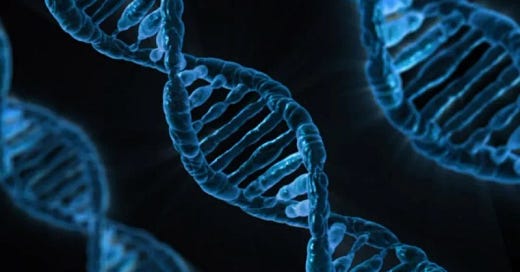14 New Genes Linked to Depression
The researchers looked at the medical history and DNA of 300,000 people who are a part of the U.K. Biobank to find links between genes and severe depression, and scientists found 14 new genes.
[Please note that this page contains affiliate links. If you choose to purchase after clicking a link, I may receive a commission at no extra cost to you.]
A new U.K. study revealed that 80 different genes are connected to depression.
14 New Genes Linked to Depression
The researchers looked at the medical history and DNA of 300,000 people who are a part of the U.K. Biobank to find links between genes and severe depression, and scientists found 14 new genes that may contribute to depression.
The study will allow doctors better to understand the causes of the many types of depression and help find better therapies.
Depression is Hereditary
About 16 million people (about 1 in 14 adults) in the United States experience a major depressive episode each year.
Depression is connected to various other psychological and social issues, and similarly, many different aspects of our personality have a significant genetic component.
Some studies involving identical twins raised separately revealed that depression is 37% heritable. So, if someone has depression, their identical twin has a 1 in 3 chance of having depression.
Genetic Variation Depression Study
Utilizing medical histories and DNA from 300,000 individuals, the scientists tested 7 million variations of genetics for connections to depression. As a result, researchers discovered 16 genes, including 14 identified for the first time, which brings the total to 80.
The researchers then checked their results using a new database (through 23andMe from anonymous users who agreed to share their data). It had replicated almost exactly their first results.
The Importance of the Study
Depression is debilitating as researchers know that DNA plays an essential part in why and how depression develops in people.
But now that the genes have been identified and what they are doing, it tells researchers wherein the body the treatments or medicines should target.
Finally, gene editing would likely allow people to decrease genetic predispositions for various diseases, including depression and mental illness, directly targeting those genes.




